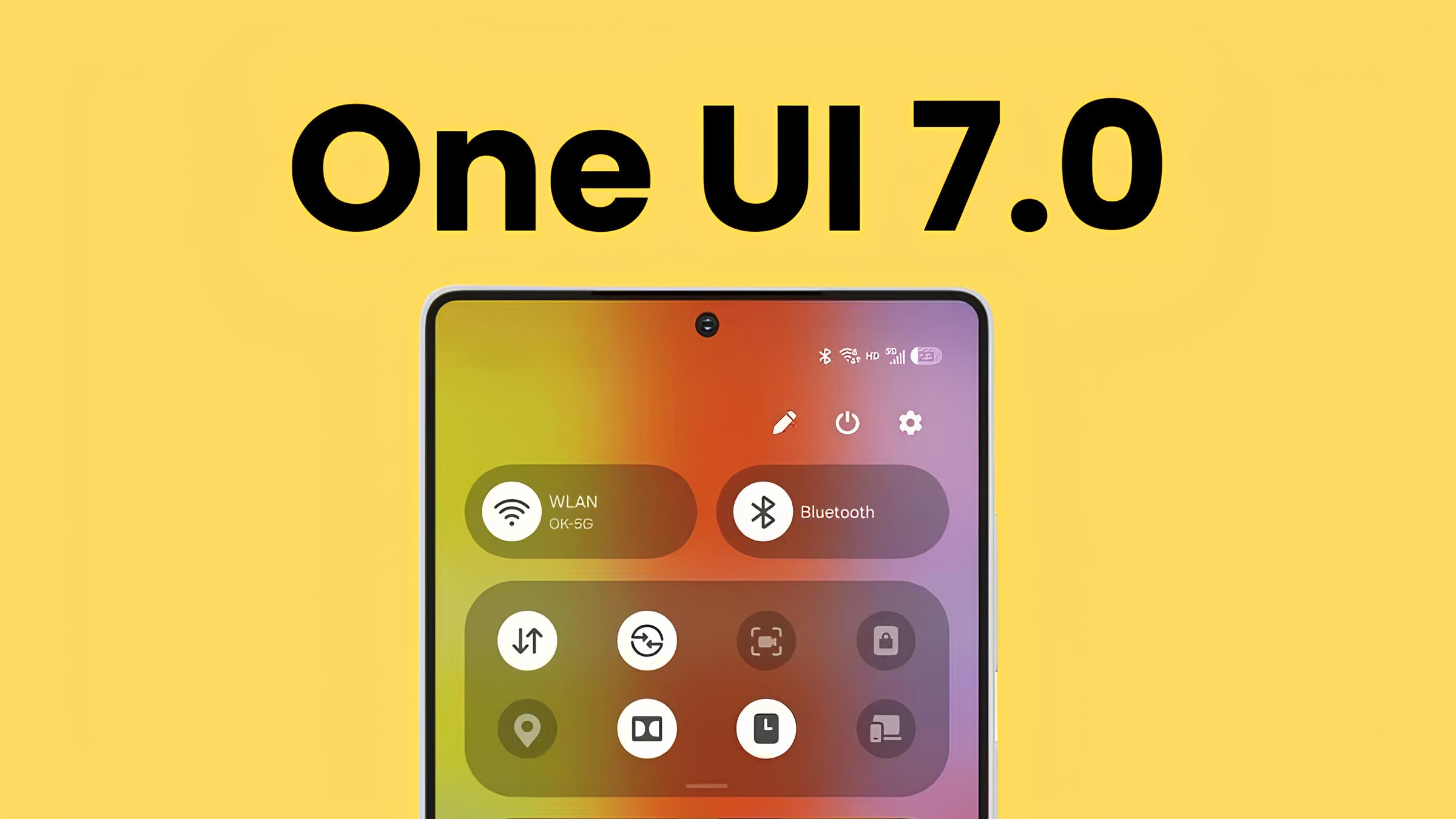Why Is the OneUI 7 Delay Happening ?
Key Reasons Behind the OneUI 7 Delay
Here are the main factors contributing to the delay:
- Major UI Redesign: A significant overhaul requiring years of planning and extensive testing.
- Android 15 Challenges: Complications in adapting the new OS to Samsung’s vast device ecosystem.
- OneUI 6.1.1 Focus: Resource diversion to stabilize an earlier update slowed OneUI 7 progress.
- Strategic S25 Push: Possible intent to boost Galaxy S25 sales by delaying older devices.
- Beta Testing Issues: Bugs and optimization struggles extended the beta phase.
- Lack of Clarity: Poor communication from Samsung has left users in the dark.
A Major Redesign Takes Time
One of the primary reasons for the OneUI 7 delay is its ambitious scope. Samsung has described OneUI 7 as a "big breakthrough," featuring a significant user interface (UI) overhaul and enhanced Galaxy AI features. Unlike previous annual updates, the company planned this version over two to three years, aiming for a more impactful release. According to Sally, Samsung MX’s EVP and Head of Framework R&D, this extended preparation was necessary to perfect the design, animations, and AI integration. The redesigned notification shade, quick panel, and app switcher—revealed in beta builds—reflect this shift, but such changes demand rigorous testing across Samsung’s vast device lineup.
Challenges with Android 15 Integration
OneUI 7 is built on Android 15, which Google released in September 2024. Typically, Samsung rolls out its OneUI updates within months of a new Android version. However, the OneUI 7 delay suggests complications in adapting Android 15 to Samsung’s ecosystem. With over 80 eligible devices—compared to Apple’s 48 for iOS 18—Samsung faces a monumental task. The integration of new Android 15 features, alongside Samsung’s custom additions like Galaxy AI, likely introduced unforeseen bugs, pushing back the beta and stable releases. Posts on X and forums hint at Samsung’s struggle to optimize performance across diverse hardware, from flagships to mid-range A-series phones.
The Ripple Effect of OneUI 6.1.1
Another factor contributing to the OneUI 7 delay is the slow rollout of OneUI 6.1.1. Debuting with the Galaxy Z Fold 6 and Flip 6 in mid-2024, this update expanded to slab-style phones like the Galaxy S24 series, diverting resources from OneUI 7 development. Samsung reportedly prioritized stabilizing OneUI 6.1.1, which caused an indefinite postponement of the OneUI 7 beta, originally expected in July 2024. This domino effect left the Android 15-based update in limbo, with the first beta only arriving in December 2024 for the Galaxy S24 series.
A Strategic Move to Boost Galaxy S25 Sales ?
Speculation on X and tech blogs suggests the OneUI 7 delay might be a deliberate business tactic. By launching the Galaxy S25 series with OneUI 7 in January 2025—while delaying it for older models like the S24 and Fold 6 until April or later—Samsung could be incentivizing upgrades. This theory gains traction given the S25’s exclusive access to stable OneUI 7 and new AI features. However, this strategy risks alienating loyal users who feel neglected, especially those who paid premium prices for 2024 flagships expecting timely updates.
Technical Hurdles and Beta Testing Woes
The OneUI 7 beta program, launched in December 2024, revealed a rocky development process. Initial builds faced criticism for bugs and incomplete features, prompting Samsung to release multiple beta updates—three by January 2025, with more planned. This extended testing phase, unusual for Samsung’s historically swift rollouts, indicates deeper technical challenges. Developers may be grappling with optimizing the new UI and AI tools, like message reply suggestions on WhatsApp, across varying processors and memory configurations. The complexity of this "major makeover," as one X user noted, seems to have stretched Samsung’s resources thin.
Lack of Transparency Fuels Frustration
Samsung’s silence on a firm OneUI 7 release date has amplified user discontent. While competitors like Xiaomi rolled out Android 15 to mid-range devices by December 2024, Samsung’s flagship owners remain in the dark. A Samsung Support executive reportedly told Sammy Fans that even they lack clarity on the timeline, with some pointing to Google as a possible bottleneck. This lack of communication contrasts with Samsung’s past reputation for fast updates, leaving users questioning the company’s priorities as Android 16 looms on the horizon.
What Does the OneUI 7 Delay Mean for Users ?
The OneUI 7 delay has practical implications. Galaxy S24 and S23 owners miss out on Android 15’s security enhancements and Samsung’s promised AI upgrades, like Now Bar and Gemini Extensions. For beta participants, the wait for a stable build—potentially not until April 2025—means enduring an unfinished product longer than expected. Meanwhile, the decision to possibly skip OneUI 7.1 for a 7.0.1 release with future foldables (like the Z Fold 7) hints at a rushed catch-up plan, further confusing the roadmap.
When Will OneUI 7 Finally Arrive ?
Current rumors suggest the stable OneUI 7 release for older devices could land between March and May 2025, following Beta 4, 5, and 6 updates for the S24 series. The Galaxy S25 and F06 already run the stable version, but Samsung’s broader rollout remains a waiting game. Factors like regulatory hurdles, final bug fixes, and alignment with Google’s ecosystem could push this timeline further.
Conclusion
The OneUI 7 delay stems from a mix of ambition, technical complexity, and strategic choices. Samsung’s push for a groundbreaking update—coupled with the challenges of Android 15 integration and a sprawling device portfolio—has slowed its once-stellar update cadence. While the delay aims to deliver a polished product, it risks eroding trust among users who expect timely software support. As 2025 unfolds, all eyes are on Samsung to clarify the OneUI 7 release date and prove that this wait was worth it. For now, Galaxy fans can only stay patient—or consider sideloading at their own risk.





Comments
Post a Comment
Your comment will be moderated before appearing in this article. Thank you for your comment.